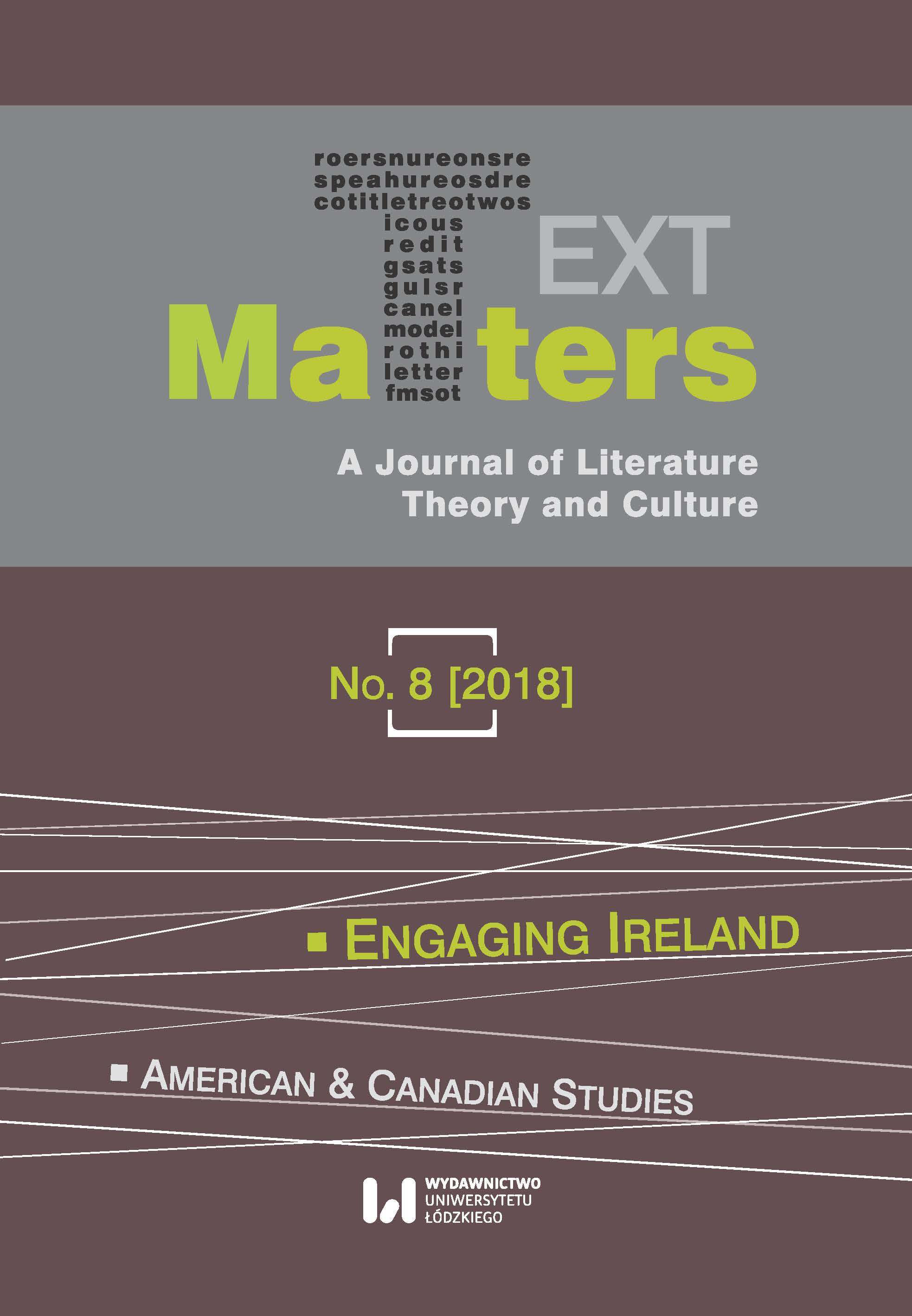Boundaries and Otherness in Science Fiction: We Cannot Escape the Human Condition
Boundaries and Otherness in Science Fiction: We Cannot Escape the Human Condition
Author(s): Isabella HermannSubject(s): Studies of Literature, Theory of Literature
Published by: Wydawnictwo Uniwersytetu Łódzkiego
Keywords: international relations; emotions; body politics; alien encounter; world state
Summary/Abstract: The article explores the construction of boundaries, alterity and otherness in modern science-fiction (SF) films. Boundaries, understood as real state borders, territoriality and sovereignty, as well as the construction of the other beyond an imagined border and delimited space, have a significant meaning in the dystopian settings of SF. Even though SF topics are not bound to the contemporary environment, be it of a historical, technical or ethical nature, they do relate to the present-day world and transcend our well-known problems. Therefore, SF offers a pronounced discourse about current social challenges under extreme conditions such as future technological leaps, encounters with the alien other or the end of the world. At the same time the genre enables us to play through future challenges that might really happen. Films like Equilibrium (2002), Code 46 (2003), Children of Men (2006) and District 9 (2009) show that in freely constructed cinematic settings we are not only unable to escape from our border conflicts, but quite the contrary, we take them everywhere with us, even to an alternative present or into the future, where new precarious situations of otherness are constructed.
Journal: Text Matters: A Journal of Literature, Theory and Culture
- Issue Year: 2018
- Issue No: 8
- Page Range: 212-226
- Page Count: 15
- Language: English

